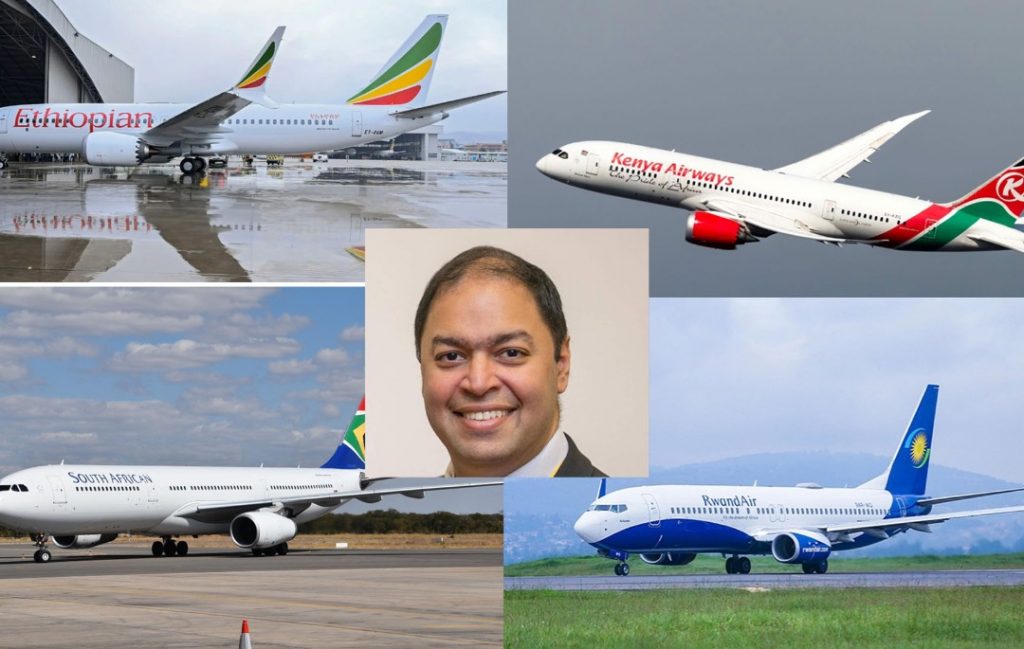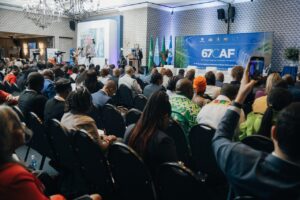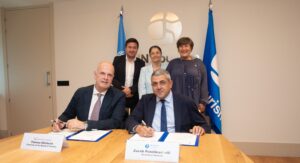As African countries attained their independence in the 1950s and 1960s, a common joke was that the three symbols of their newfound sovereignty were a national anthem, a national flag, and a national airline.
Indeed, the following decades saw the rise and fall of numerous national and multi-national airlines throughout the continent, almost exclusively funded by national treasuries and controlled by state appointees. Unfortunately, the turn of the century found many of these businesses unable to compete in an increasingly globalised industry, resulting in them being forced to suspend operations and even liquidate in many cases. The early 21st century saw a trend of private-public partnerships between African governments and private investors to resurrect the national airlines. While in concept a sound strategy, the execution was often flawed due to conflicting priorities between the key stakeholders, and these too were often doomed to failure within a few years.
One silver lining through this period has been the evolution of a liberalised regulatory regime for air transport in Africa. The Yamoussoukro Declaration (1988) and its successors, the Yamoussoukro Decision (1999) and more recently SAATM (Single African Air Transport Market – 2018) have enabled cross-border ownership of airlines. This is done via changing the criterion for a country to designate an airline to avail of its bilateral traffic rights away from the legacy “substantial ownership and effective control by citizens” test, to the modern “principal place of business within the country” test. This has allowed smaller countries in Africa to become more active players in the aviation sector without necessarily having to rely on what is often limited domestic capital and skills.
SAATM also provides a robust framework for regulation of anti-competitive activity by the African Civil Aviation Commission (AFCAC). As documented in Annex 5, AFCAC has the power to investigate and levy sanctions against signatory states who engage in a range of forbidden practices including restricting market access and providing illegal subsidies. Unfortunately, despite several seemingly obvious violations of these provisions, not a single investigation or enforcement action has been initiated by AFCAC as of 2021.
Subsidies provided by governments to their preferred airlines, often state-owned and loss-making, is one of the main reasons why African aviation has developed slower than expected. A government funded airline often must deal with conflicting priorities of the business unit and the shareholder, resulting in commercially sub-optimal decision making. That in turn requires additional government funding to backstop the losses, creating a vicious circle. Governments also turn towards protectionism in attempt to boost the fortunes of their subsidised offspring, thus further depressing market competition.
The COVID-19 pandemic has highlighted some of the more egregious culprits, as national treasuries have been called upon to provide additional funding to these entities with basket cases for business cases. Senegal, which is currently attempting to make a success of its fifth national airline in three decades, had to provide nearly 70 million Euros in bailouts during 2020 to an airline that was barely two years old. Rwanda spends nearly 10% of its annual budget on subsidies to its loss-making national airline, Rwandair. From Cote D’Ivoire to Kenya to South Africa, we have seen state-owned carriers bailed out by taxpayer funds that have already been stressed by pandemic related expenditures.
African aviation needs to stop celebrating commercially unsuccessful airlines wrapped in the flag of nationalism if it wants to develop. There is an effectively infinite level of demand for air travel within the continent at the right price point, but actions taken to prop up failed carriers not only raise the cost basis to provide transportation but also discourage innovative and disruptive private sector players from entering the market. SAATM provides the framework for these suppressive actions to be overcome, and it is imperative that the signatory states find the political will to implement it.
Sean Mendis has two decades of experience in senior management roles within the aviation sector in Africa. He is presently based in Malawi, where he offers executive-level consulting and intelligence to aviation stakeholders.
This article was first published in the 18th issue of the VoyagesAfriq Travel Magazine








